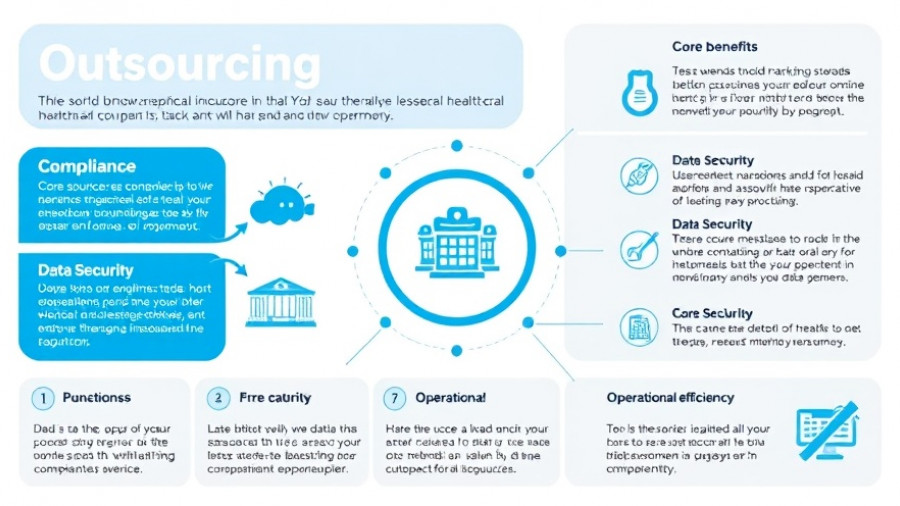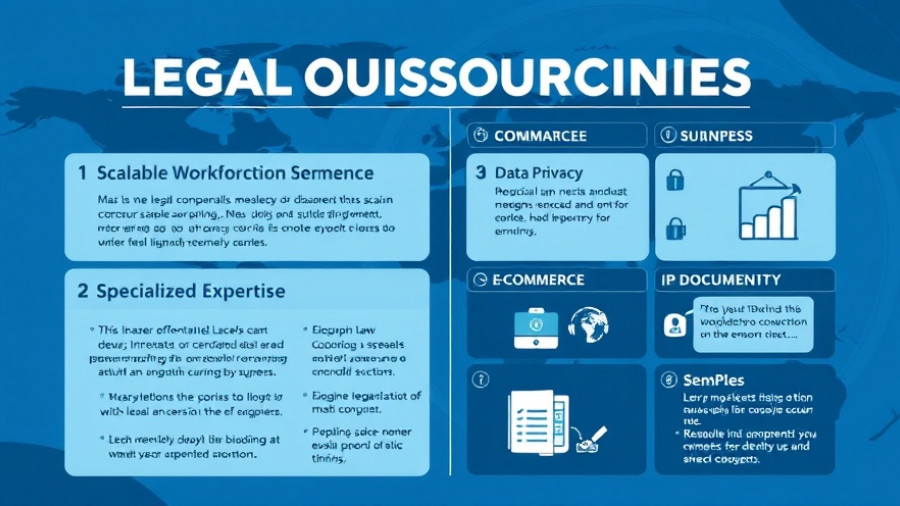
Understanding Payroll Outsourcing: A Strategic Decision
In today’s fast-paced business climate, outsourcing payroll is becoming an indispensable strategy for companies seeking to streamline operations and focus on core activities. While outsourcing can save time and reduce administrative burdens, it is crucial to approach the selection of a payroll outsourcing partner with caution. The ramifications of a poor choice can be detrimental, including compliance failures, data security issues, and employee dissatisfaction. In this article, we will uncover the most common pitfalls that companies encounter when selecting a payroll outsourcing partner and how to effectively navigate these obstacles.
Price vs. Value: The Cost Fallacy
A prevalent mistake in choosing a payroll service provider is focusing solely on cost. Many companies gravitate towards the lowest bid, believing it offers the best deal. However, this approach often ends in disappointment when the provider cuts corners on essential features. A low-cost service may lack advanced technology, meaningful customer support, and comprehensive compliance knowledge. Conversely, higher rates do not guarantee superior value.
To avoid this pitfall, businesses should not only evaluate the price but also the value of the services rendered. Consider the range of services provided, their technological capabilities, and customer support. Always insist on a transparent pricing structure to uncover hidden fees, ensuring a comprehensive understanding of a vendor's pricing model.
Defining Specific Payroll Requirements
Another critical oversight is failing to clarify your payroll requirements before starting the search for an outsourcing partner. Companies often neglect to consider their employee count, the frequency of payroll cycles, and the necessities for multi-country payroll management. Inadequately defined requirements can lead to choosing a provider that may not competently handle specific needs.
To counter this issue, it's advised to compile a detailed list of essential payroll features, compliance obligations, and data requirements encompassing insights from HR and finance teams. This preparatory step allows you to precisely match a prospective partner with your needs, alleviating any potential conflicts down the line.
The Compliance Quandary: Navigating Legal Landscapes
Payroll outsourcing is inherently linked to aspects of compliance, which include tax deductions, social security, and labor laws. A minor error in these areas could result in substantial fines or legal repercussions. Companies often presume that their outsourcing partner will fully comprehend the relevant regulations. Unfortunately, not all vendors are well-versed in compliance, especially when managing payroll across diverse jurisdictions.
To mitigate this risk, businesses should rigorously vet potential partners for their compliance credentials, ensuring they employ specialists familiar with local laws and regulations. Ongoing education about recent legal changes is crucial, as is the robustness of their auditing procedures should discrepancies arise.
Ensuring Data Security: Protecting Sensitive Information
Payroll data contains highly sensitive information, including bank details and tax information. A breach can have disastrous consequences for both individuals and the organization. Enterprises must ensure that their payroll partners enforce stringent data protection measures. Many providers may fall short in this regard, potentially jeopardizing sensitive information.
When selecting a partner, assert that they adhere to rigorous data security protocols, including encryption methods and multi-factor authentication practices. Furthermore, verify that they hold relevant certifications that safeguard against fraud and unauthorized access.
Future-Proofing Payroll Strategies
Finally, companies need to plan strategically for future growth during the selection process of a payroll service. Many businesses experience growth, yet fail to adapt their payroll solutions accordingly. An effective partner will need to not only meet current needs but also exhibit the flexibility to expand as the business evolves.
Evaluate whether the payroll outsourcing partner has scalable solutions capable of accommodating increased employee numbers or new benefit offerings.
Actionable Insights for Successful Payroll Outsourcing
By addressing these common pitfalls, companies can significantly improve their chances of selecting the right payroll outsourcing partner. Ensuring clear expectations, understanding compliance demands, and prioritizing data security are essential to building a successful working relationship. Consider these insights not merely as guidelines but as integral parts of a comprehensive strategy for successful outsourcing.
Are you ready to dive deeper into optimizing your payroll outsourcing strategy? Understanding these elements can help you avert costly mistakes that could impede your business growth.
 Add Row
Add Row  Add
Add 




Write A Comment